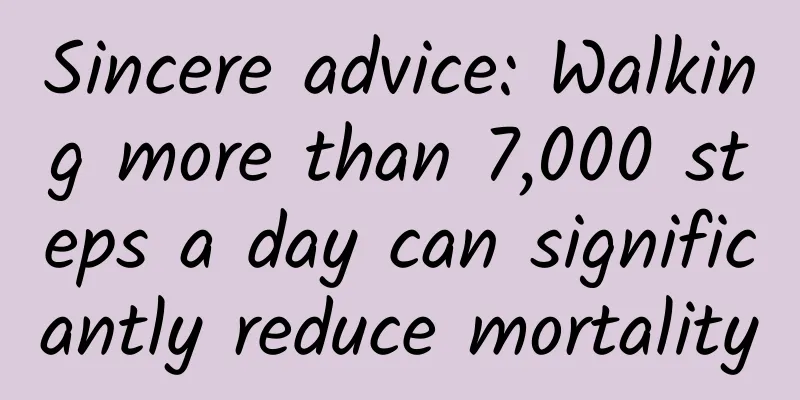Can a woman still have a baby at 43?

|
If a 43-year-old woman has normal menstruation and normal ovulation, she can still get pregnant. However, if a 43-year-old woman gets pregnant, she is considered an older mother and is at a high risk of pregnancy complications. She may develop complications such as gestational hypertension and gestational diabetes in the late pregnancy. She may need to terminate the pregnancy early and is prone to premature birth. The newborn is a premature baby and may need to be transferred to the neonatology department for treatment. If a 43-year-old woman has a history of hypertension, diabetes, coronary heart disease or other chronic diseases before pregnancy, she needs to control her blood pressure and blood sugar levels and stabilize her condition before she can become pregnant. If the patient's condition worsens, pregnancy is not recommended. It is recommended that the patient consult a specialist before considering pregnancy. It is possible to have a baby at the age of 43, but the success rate is low and the probability of complications is high, so you should think carefully. The best childbearing age is before the age of 30, and pregnancy and childbirth after the age of 35 is considered advanced. Whether a 43-year-old woman can still have children depends on her ovaries. Generally, blood tests should be done on the 2nd to 5th day of menstruation for estrogen testing, and B-ultrasound should be done to check the basic eggs in the uterus and ovaries to assess the ovaries. Generally, after the age of 35, the ovaries begin to decline and fertility gradually decreases, especially after the age of 40, the chance of pregnancy decreases significantly, that is, the success rate of pregnancy also decreases significantly. Even if you get pregnant in your 40s, you still need to be closely monitored. As you get older, the quality of your eggs and sperm becomes worse, and the probability of miscarriage, embryo arrest, and chromosomal abnormalities during pregnancy will continue to rise. At the same time, the probability of complications after pregnancy, such as gestational hypertension and gestational diabetes, will continue to increase. Severe cases may seriously endanger the lives of mother and child, so sufficient attention must be paid. In short, it is possible to have a baby at the age of 43, but the success rate is low and the probability of complications is high, so you should think carefully. 43 years old can be considered an older mother. If her menstruation is normal, she can have a baby. However, before preparing for pregnancy, you need to go to the hospital for a physical check-up, especially to understand the health of the ovaries, fallopian tubes and uterus. Due to your age, there may be certain risks in pregnancy, so you must follow the doctor's advice to regularly carry out various prenatal check-ups. At the same time, you should improve your nutrition, regulate your body, avoid excessive fatigue, rest as much as possible, and maintain a comfortable mood and a relaxed spirit. |
<<: Benign teratoma recurred three times
>>: What is atypical glandular cell disease?
Recommend
Brown discharge in early pregnancy
In the early stages of pregnancy, many pregnant w...
Is the temperature on Mars suitable for human habitation? Why is Mars not suitable for human habitation?
Mars is located between the Earth and Jupiter and...
Pictures of nipple cracks during pregnancy
Because some people become new parents for the fi...
What medicine should women take if they masturbate too much?
Most male friends have experienced the problem of...
Can eating goose eggs in late pregnancy remove fetal toxins?
People always say that pregnant women should eat ...
Pictures of abnormal leucorrhea underwear
Excessive leucorrhea refers to the increase in th...
Precautions for safe period before menstruation
The incidence of menstrual problems cannot be und...
Can I use salt water to wash my labia during pregnancy?
The private parts of pregnant women are very vuln...
Why is there such a big difference in the severity of positive symptoms before and after the relaxation? An important factor has been overlooked!
Recently, there has been a heated discussion onli...
What effect does wood ash have on garlic? Can wood ash prevent garlic diseases and insect pests?
The old farmer sprinkled wood ash on the garlic f...
Can bacterial vaginitis heal itself?
Candidal vaginitis can cause great trouble to wom...
Best way to conceive with anterior uterus
An anteverted uterus is a common position of the ...
My stomach hurts before my period
Women will have their periods when they reach a c...
Is it possible to remove chloasma by moxibustion?
Moxibustion is a popular tool for removing dampne...
Why is my vagina itchy and swollen?
Itching symptoms often occur on human skin. The m...









